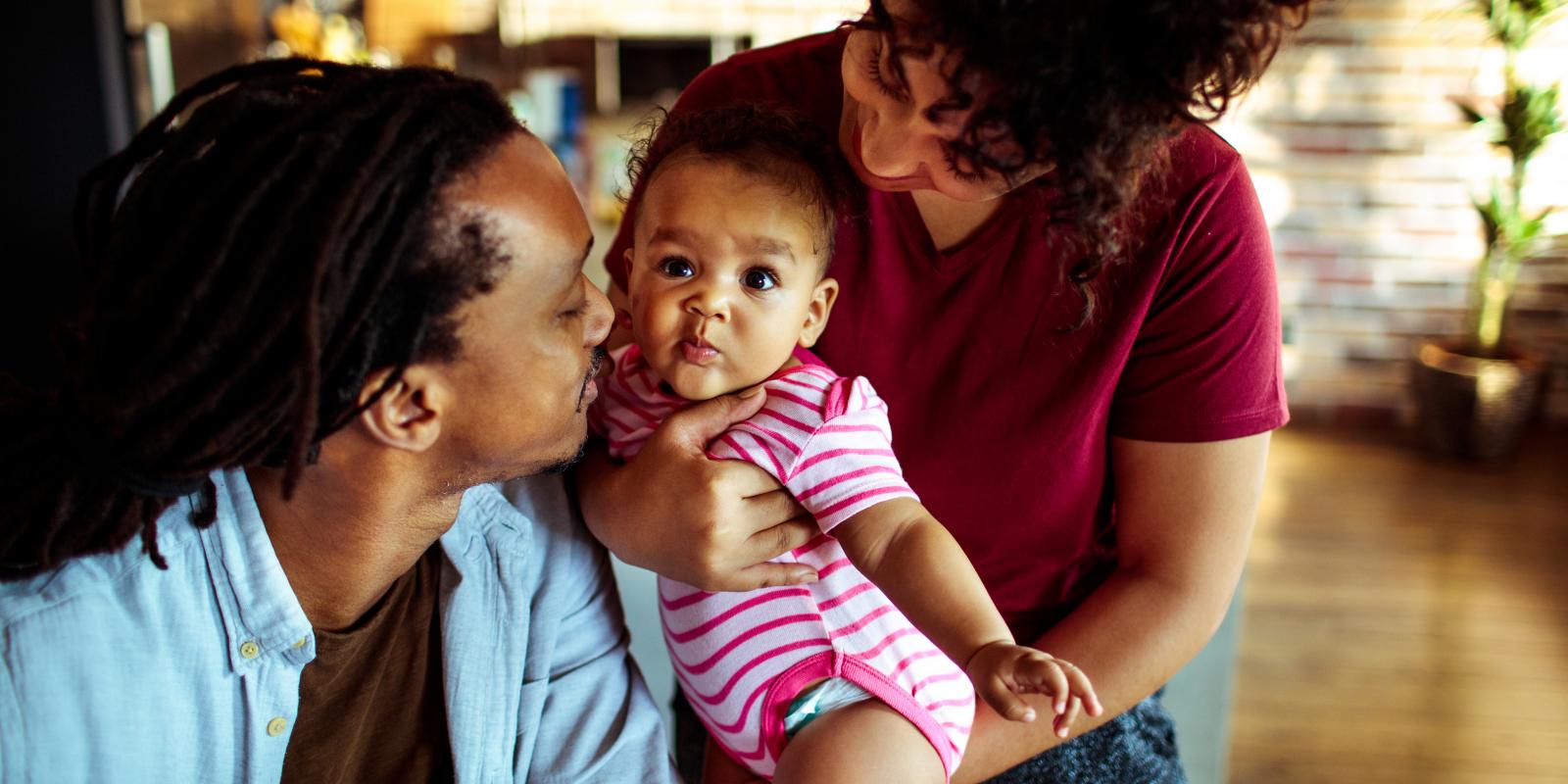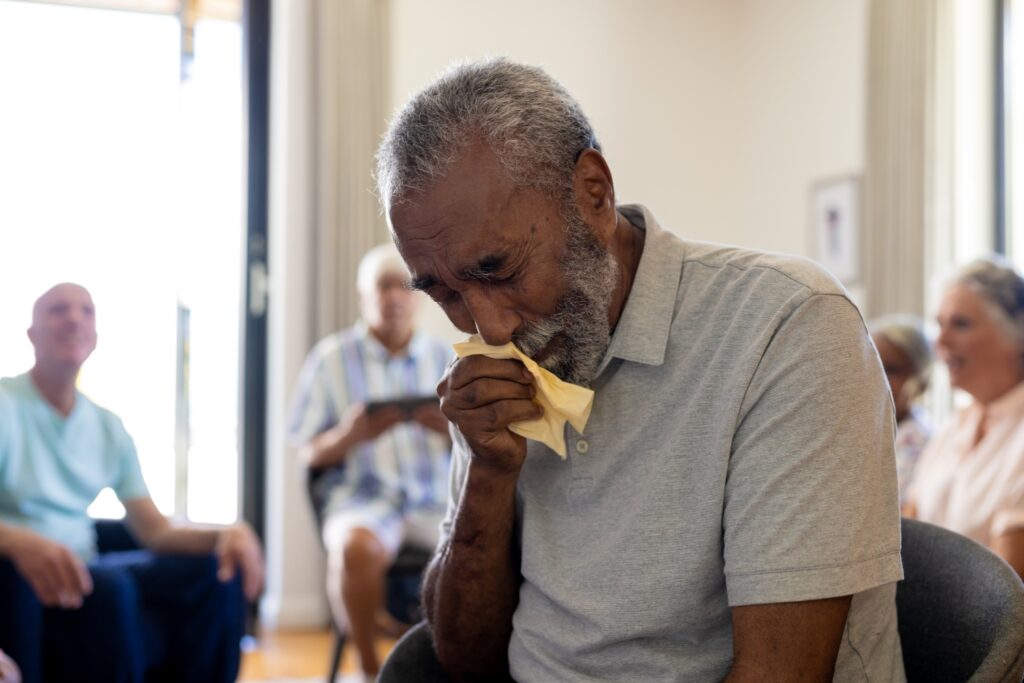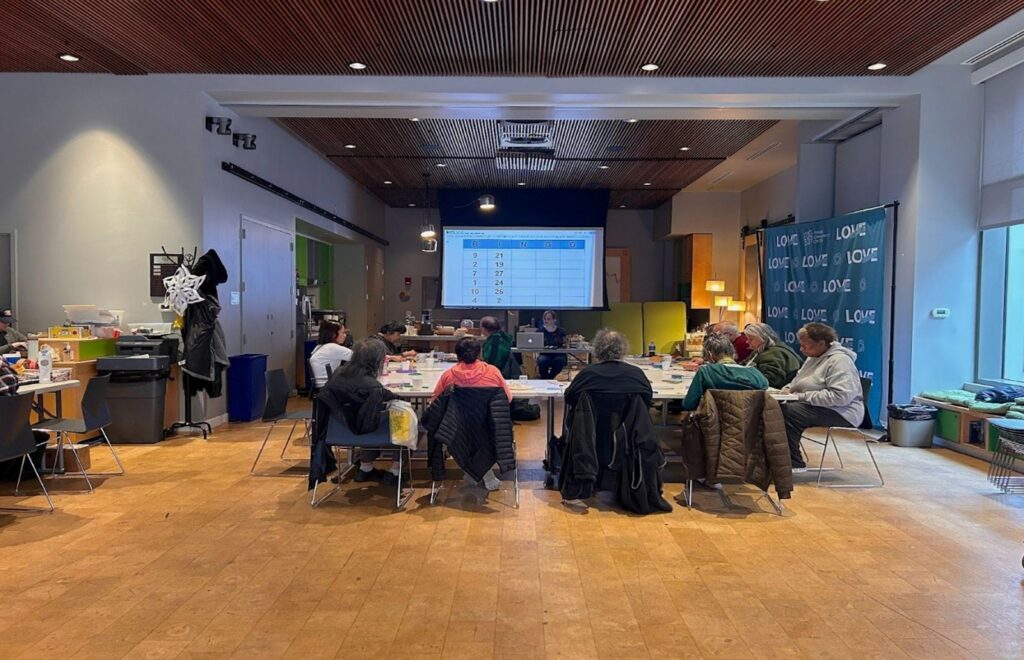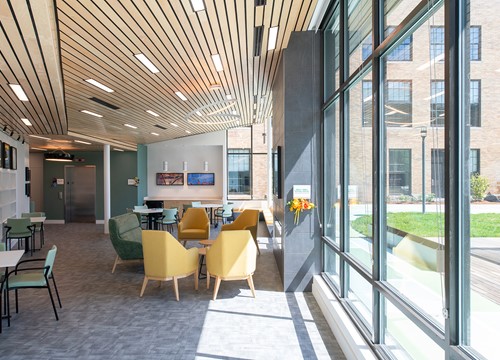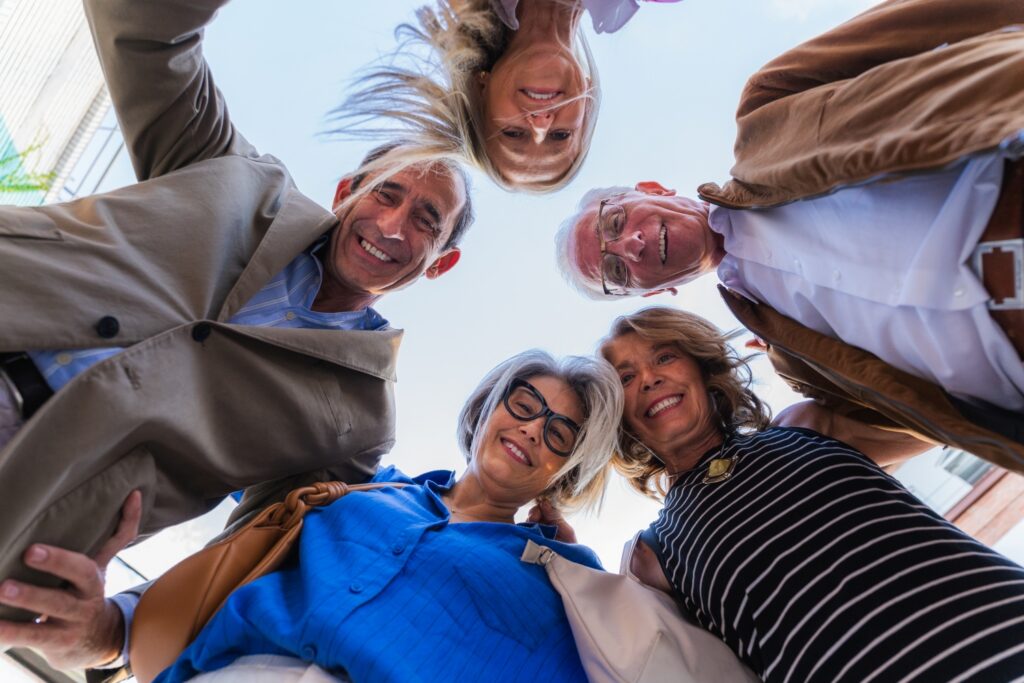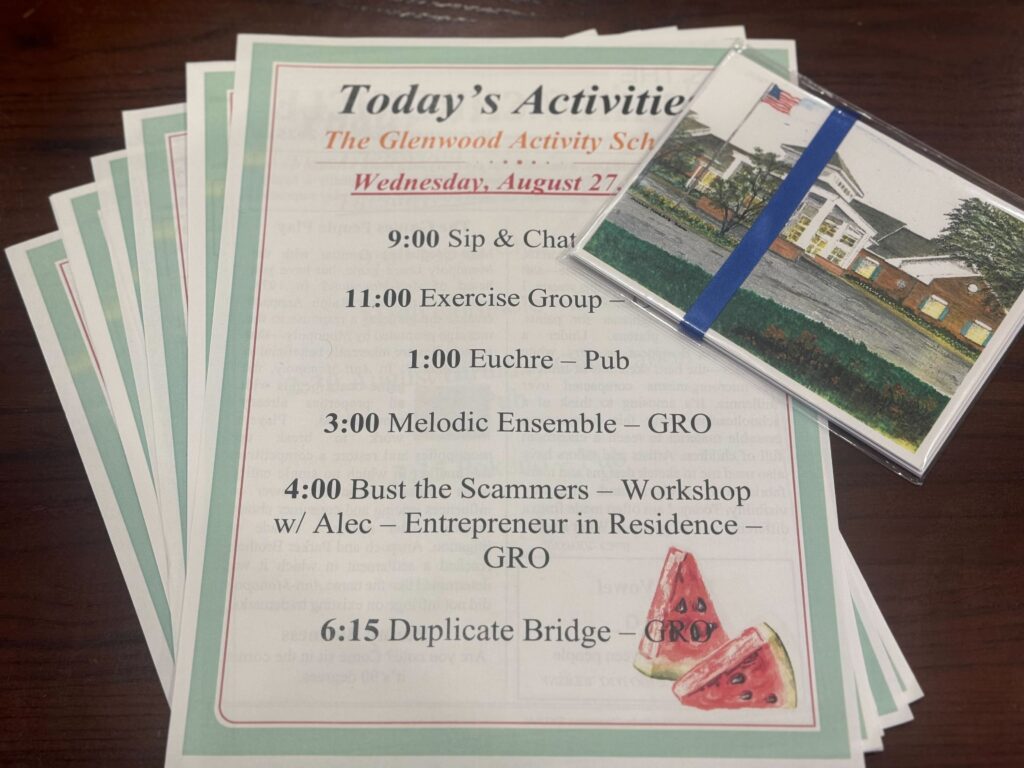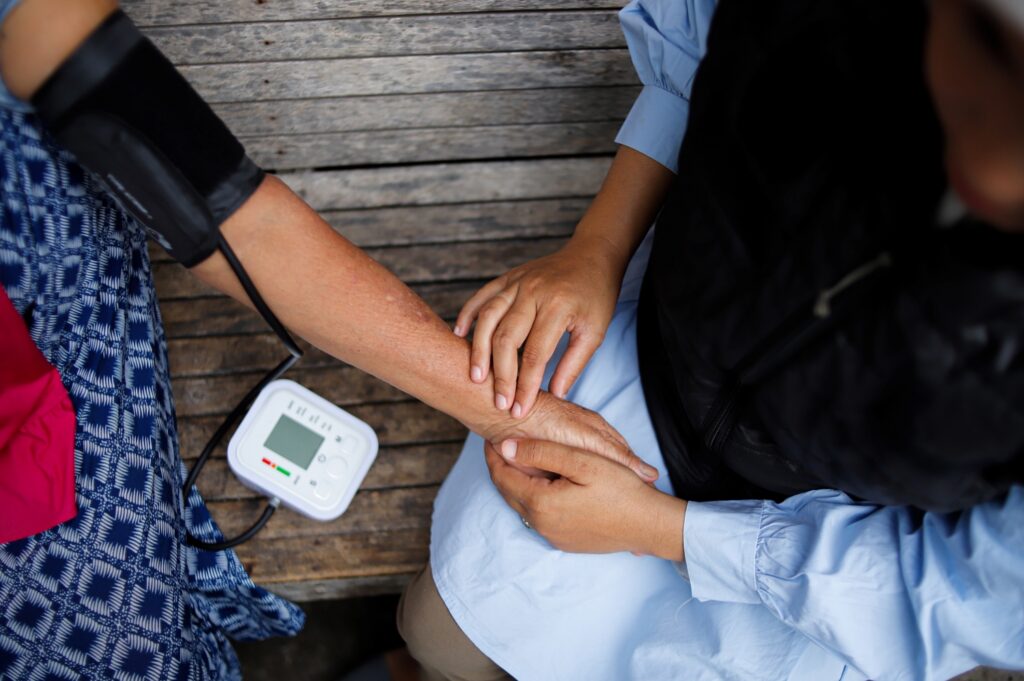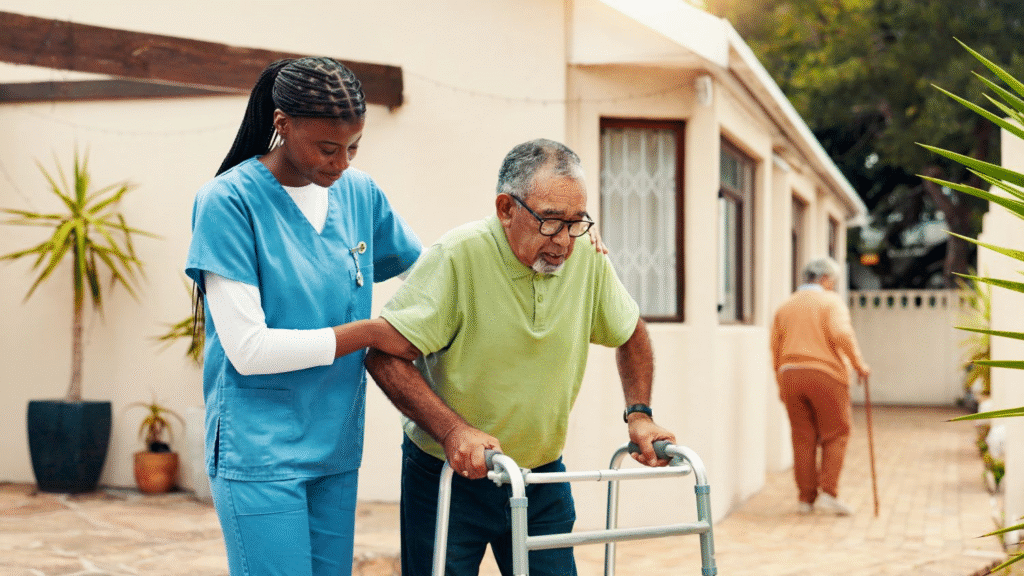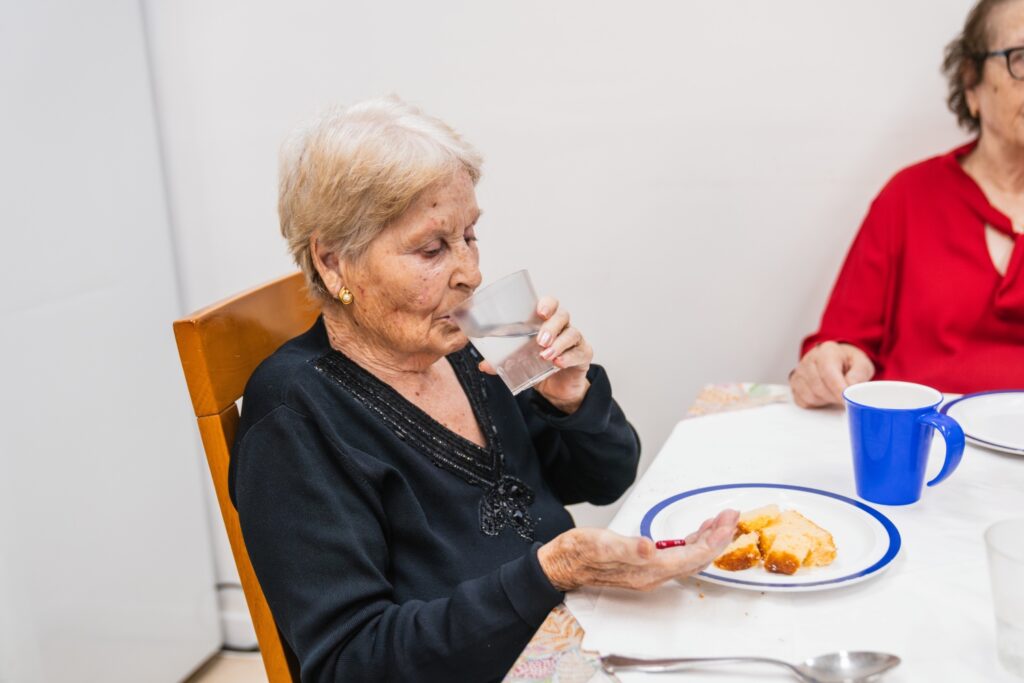Every morning when my husband and I drop off my daughter at school we say, “make good decisions.” It’s one part of our morning ritual—a reminder not just to her, but to myself, to think through how our choices impact the world around us. Our fates are twined together, and I hope that as she troops toward the playground she keeps that in mind. I’m being more mindful too, lately, of how I impact the world around me and how seemingly random decisions impact my world.
At 18, I was diagnosed with Generalized Anxiety Disorder (GAD). Undiagnosed for years, I consistently felt like I was floundering—self-medicating, struggling with day-to-day tasks, truly in a spiral. As a teenager, it was hard, especially when the panic attacks were at their peak. And as an adult navigating medication management and my long-term livelihood, it remains hard.
Harder still is the day-to-day impact GAD has on my mind and body. Beyond fairly consistent anxiety and worry—fatigue, backaches and muscle pains are recurring. So nearly 10 years ago, when my body began aching, doctors pointed to my GAD and I listened. Post-childbirth, my symptoms increased: frequent fluid build-up, swollen joints, chronic pain. This couldn’t be my GAD, could it? Years of exams, tests and appointments created a swarm of doctors naming GAD; until one day, a doctor’s choice to send out for one more lab resulted in a rheumatoid arthritis (RA) diagnosis.
Both my GAD and RA diagnoses took years. This isn’t uncommon in our healthcare system; especially when we factor in that I am a Black Latina woman. In one study, African Americans who expressed feelings of anxiety or fear were significantly less likely to receive an anxiety disorder diagnosis than those of other races who expressed the same feelings.
With RA, going undiagnosed or being misdiagnosed are fairly common. In the United States, rheumatic diseases like RA frequently go undiagnosed in Black communities, due to African Americans’ poorer access to healthcare and the racism embedded in the American healthcare system.
‘Do I quit my job? Do I move back in with them? Do I prioritize their care over mine?’
In the simplest terms, RA is as if one’s body is at war with itself. For reasons unknown, (believe me, researchers have been trying to figure it out) one’s immune system attacks healthy cells. These mini-battles for supremacy cause inflammation, joint damage and pain. For me, the pain sometimes is mind-boggling. There are many stages of RA and it is a progressive disease with no cure. While medication helps, I often wonder what this pain will reveal itself to be in another year, in three, or the next decade.
Then, my GAD chimes in; loud and boisterous. And my worry escalates. These co-occurring conditions often fight for control, creating a disabling loop of mental and physical symptoms. What will I do if this is my life forever? Will there be a day when I can no longer pick up a pen? Pick up my medication? Pick up my daughter? What choices will be left for my daughter as my disease progresses?
The Caregiving/Work Conundrum
I think about that last question quite often. Especially at night in the silence of the dark. I have been a caregiver for my parents for more than three years. Both suffering from a variety of illnesses, they need fluctuating levels of heightened care. I think about the choices I had to grapple with when my mother had her heart attack and when my father received his cancer diagnosis after years of remission.
Do I quit my job? Do I move back in with them? Do I prioritize their care over mine? Their choice to live at home, for as long as possible, was so important to them. Their choice reflects the preference of 88% of Americans, who stated in a recent survey that they would prefer to age in their home or in the home of a loved one should they require long-term care. My choice was to support their choice for care at home.
I wonder if I even had a choice to care for them; or if I inherited a system so broken that the choice was removed for me. Let’s review what’s in place to support us: Only seven states have policies that offer up to 12 weeks of paid leave for family caregiving, while it can take up to six months to recover from knee replacement surgery. Knee replacement surgery or total knee arthroplasty (TKA) is one of the most common surgeries in the United States; every year more than 400,000 primary TKA surgeries are performed here.
More than three-quarters of states (41) have waiting lists for waiver services that provide limited days of Medicaid-covered home care; the average wait time for those on these lists is 39 months—making timely and accessible in-home care caring for yourself or a loved one nearly impossible to obtain.
‘My daughter should not inherit the same system in which we now exist.’
Even beyond in-home care and support for recovery time and care for yourself or others, is the fear of losing your job because you took the time necessary for care. Almost 80% of Americans work for employers who do not offer paid leave, forcing them to choose between an important need like food and rent and their own medical needs and care for a loved one. If I didn’t choose to support my parents and their well-being inside their home, what then? Will my daughter be left with the same impossible choice?
We have to ensure the next generation doesn’t inherit the same broken system—where misdiagnoses are frequent; where families have to choose between rent and care; where waiting lists for home-based support are years behind the need.
We have a collective decision—to make better choices for our world. We have a choice to amplify our voices to demand a care infrastructure built to support us aging with dignity. I choose to wield my voice and power through my work at Caring Across Generations—a campaign working to shift how care is valued in this country. With their support, I have learned that everyone has a role in how we rebuild our system. Every choice is important. Every action counts.
Whether it’s signing petitions, participating in larger public displays or calls to action, donating to the care cause—there are choices you can make to fight for care amid your own battles.
We are entitled to choices on how we live and age. My daughter should not inherit the same system in which we now exist—one with inconsistent access to paid leave; a lack of equitable childcare options; and inadequate long-term services, filled with waiting lists and barriers to quality care.
We have before us a generation of decisions. Hundreds of thousands of moments that will ripple into the future. How will we live our values? How will we ensure that my daughter, your neighbor, our parents, our partners, our loved ones … have the choice to age in the way best suited for them? How will we ensure that we will have that choice for you?
Make Good Decisions.
Choose to Fight for Care.
Sadé Dozan, CFRE, MPA, is the Chief of Development & Operations at Caring Across Generations, based in New York City. She is a Black-Latina, sandwich generation caregiver—balancing her own care needs, both of her parents’ care and that of her toddler-age daughter.

